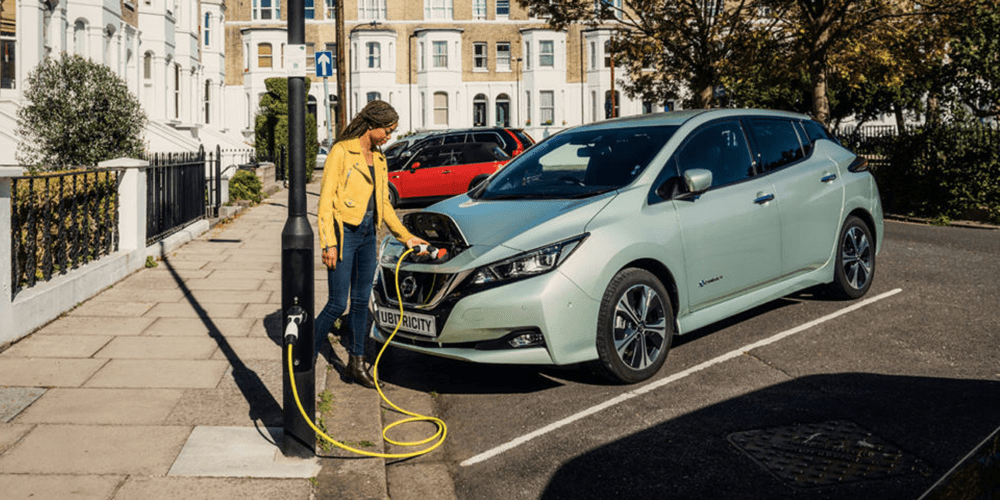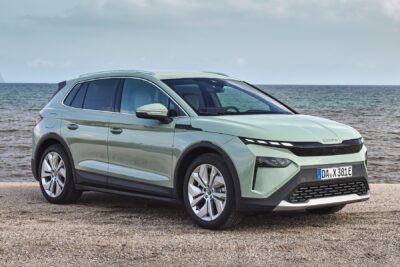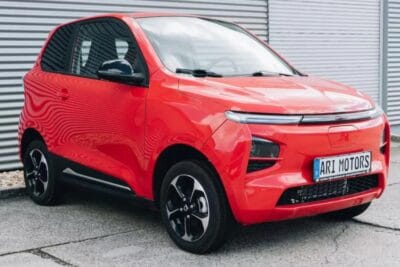UK issues plan to expand V2G charging infrastructure
The government of the UK and Ofgem published the ‘Electric Vehicle Smart Charging Action Plan’ today, setting out steps to seize on the significant potential of smart EV charging and make it the preferred method of long-duration charging by 2025.
The new plan includes allowing drivers to power their homes using the electricity stored in their electric vehicle via V2G technology to potentially save up to £1,000 a year through smarter charging. In addition to the new regulation, the government also announced a pot totalling £16 million from the Net Zero Innovation Portfolio (NZIP) for smart charging technologies, including smart street lamppost charging stations, and projects that will enable domestic appliances, from heat pumps to electric vehicle charge points and batteries, to integrate into a smarter energy system.
“We want to make smart charging an easier choice for drivers of electric vehicles, whether that is charging on the driveway, at the workplace, or parked on the street,” said Energy and Climate Minister Graham Stuart, adding: “To do that we need to build new network infrastructure at pace, using the latest available technologies. Today’s plan sets out how we will work with Ofgem and industry to kickstart the market for smart charging, which we are backing up with £16 million in innovation funding.”
Among the charging projects receiving funds was a project led by Otaski Energy Solutions, which received £229,000 to develop a smart street lamppost capable of charging electric vehicles and sharing power back to the grid. EV Dot Energy received £220,000 for their V2X-Flex project focusing on developing prototype software and a new business model which will reduce entry barriers for the domestic use of V2X bi-directional chargers. Finally, another £165,000 went to the BEVScanV2X project in London, led by Agile Charging to develop technology that could overcome battery degradation by creating a cost-effective tool to monitor and advise best approaches to maximise battery life and financial returns from smart charging.




